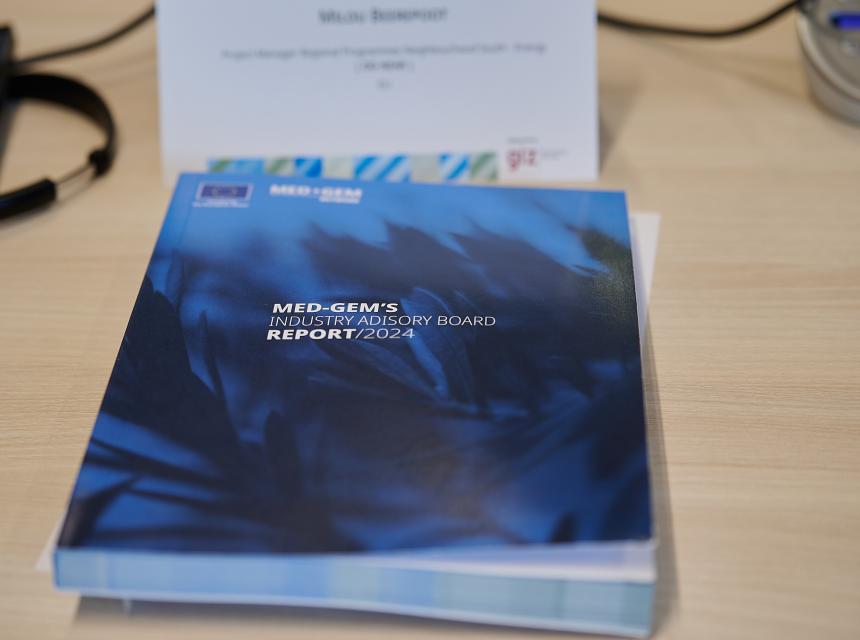MED-GEM: One Year of Networking for Green Hydrogen & Renewable Energy in the Mediterranean
On June 11, 2024, the Brussels headquarters of Hydrogen Europe hosted a pivotal gathering: the second meeting of the Industrial Advisory Board and the third Steering Committee of the MED-GEM Network. In just one year since its inception by the European Union’s Directorate-General for Neighbourhood and Enlargement Negotiations (DG NEAR), the three-years project has rapidly evolved into a cornerstone of the region's green hydrogen landscape. With dozens of bilateral meetings of high-level, and thanks to producing country-specific reports, expert-led analyses, and an array of co organised webinars and international engagements, the project has expanded its partnerships across eight countries, with aspirations to welcome two more, solidifying its role as an enabler in the region’s green hydrogen agendas of both governments, public state entities and the ecosystem of businesses and industries.
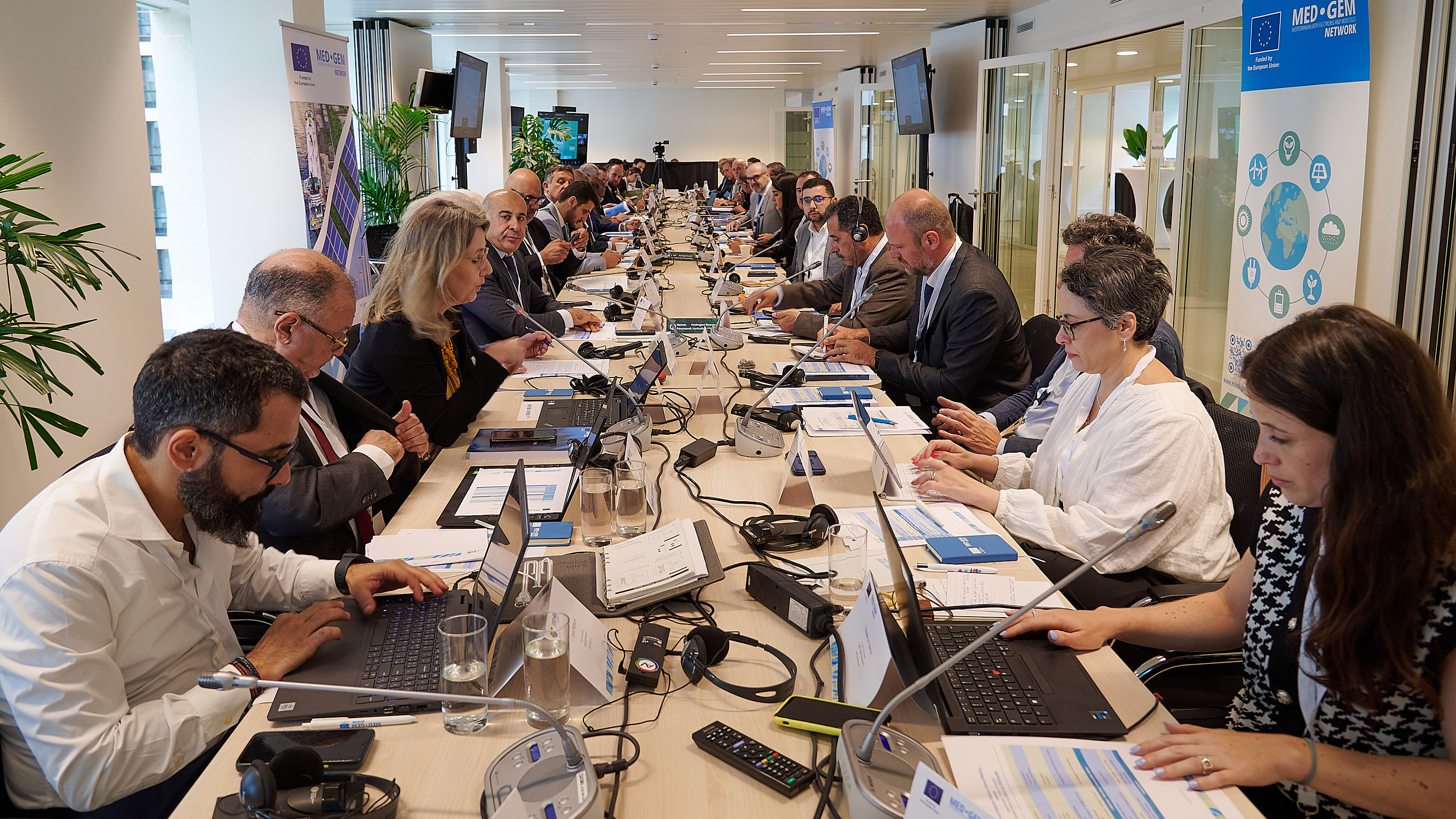
The Mediterranean Hydrogen Landscape: “a cohesive hydrogen agenda,"
The MED-GEM Network, spearheaded by Frank Wouters, aims to synchronise the energy strategies of Mediterranean countries, promoting green hydrogen as a cornerstone for decarbonisation. Frank Wouters emphasised the synergy achieved by bringing together government representatives and private sector leaders. "Governments and the private sector often operate in silos. Our meeting was a breakthrough in harmonizing these perspectives for a cohesive hydrogen agenda," he remarked.
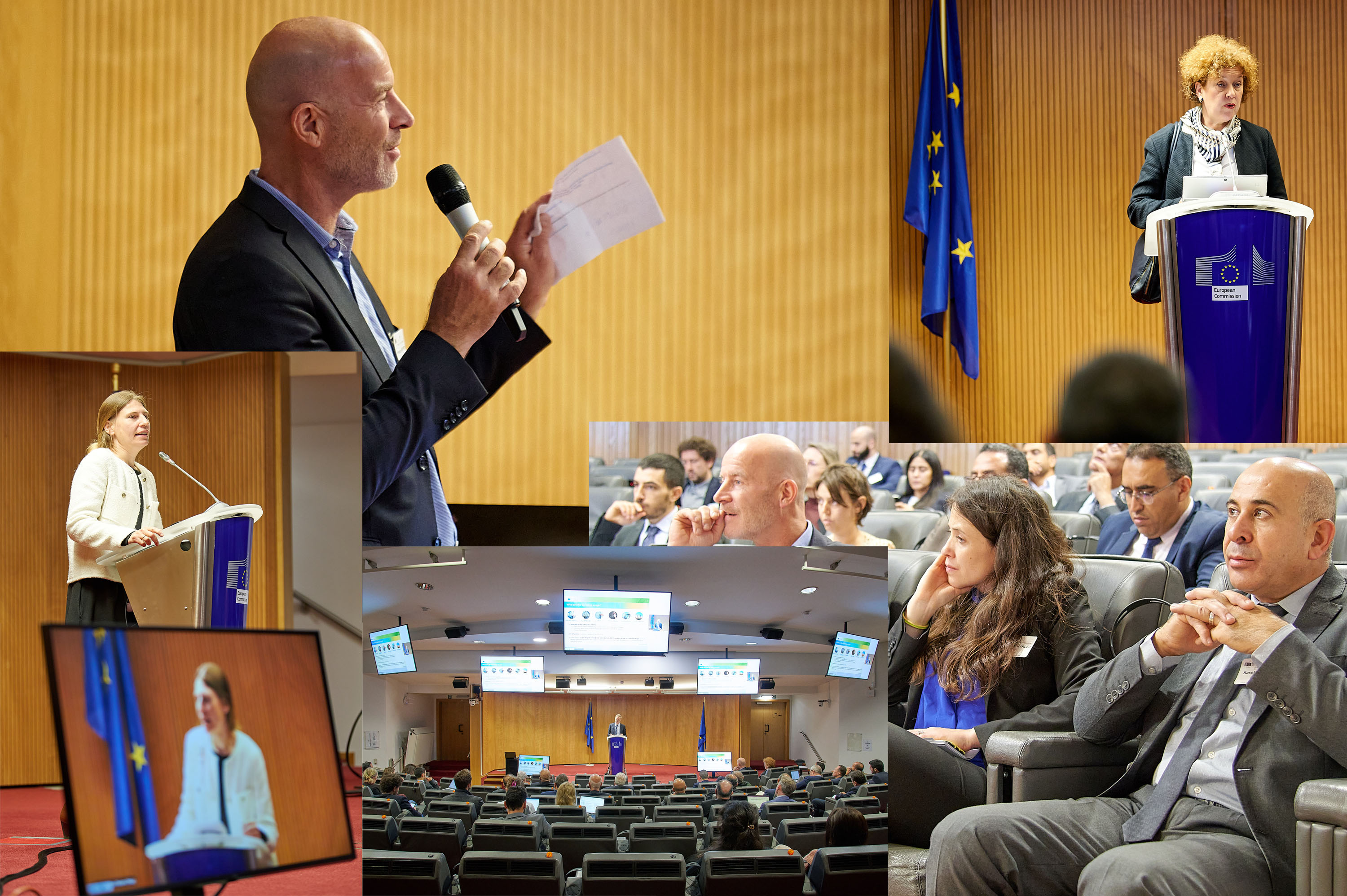
A Focus on Carbon Border Adjustment Mechanism (CBAM)
A central theme of the Brussels meeting was the Carbon Border Adjustment Mechanism (CBAM), an EU policy designed to prevent carbon leakage by taxing imports based on their carbon footprint. This policy, set to be enforced in 2026, was thoroughly discussed. Fatima Zahra El Khalifa, General Director of Morocco's Cluster EnR, highlighted the urgency of understanding and preparing for CBAM. "We must decarbonise our industries to remain competitive in the EU market. The insights from the CBAM training were invaluable," she stated.
Country-Specific Insights and Challenges
Each participating country brought unique insights and challenges to the table. Ibrahim Mallah, representative of Association of Lebanese Industrialists (ALI) and member of the Industrial Advisory Board acknowledged the country's lag in CBAM readiness but expressed a commitment to progress with support from MED-GEM and the European Commission. "We must increase awareness and workshops to help our industries adapt to these new regulations," he urged.
Mourad Hajjaji, Director General of Morocco's Cluster Green H2, saw CBAM not as a barrier but as a catalyst for decarbonisation. "CBAM is an opportunity for Morocco to align its industries with environmental goals while maintaining competitiveness in the European market," he explained.
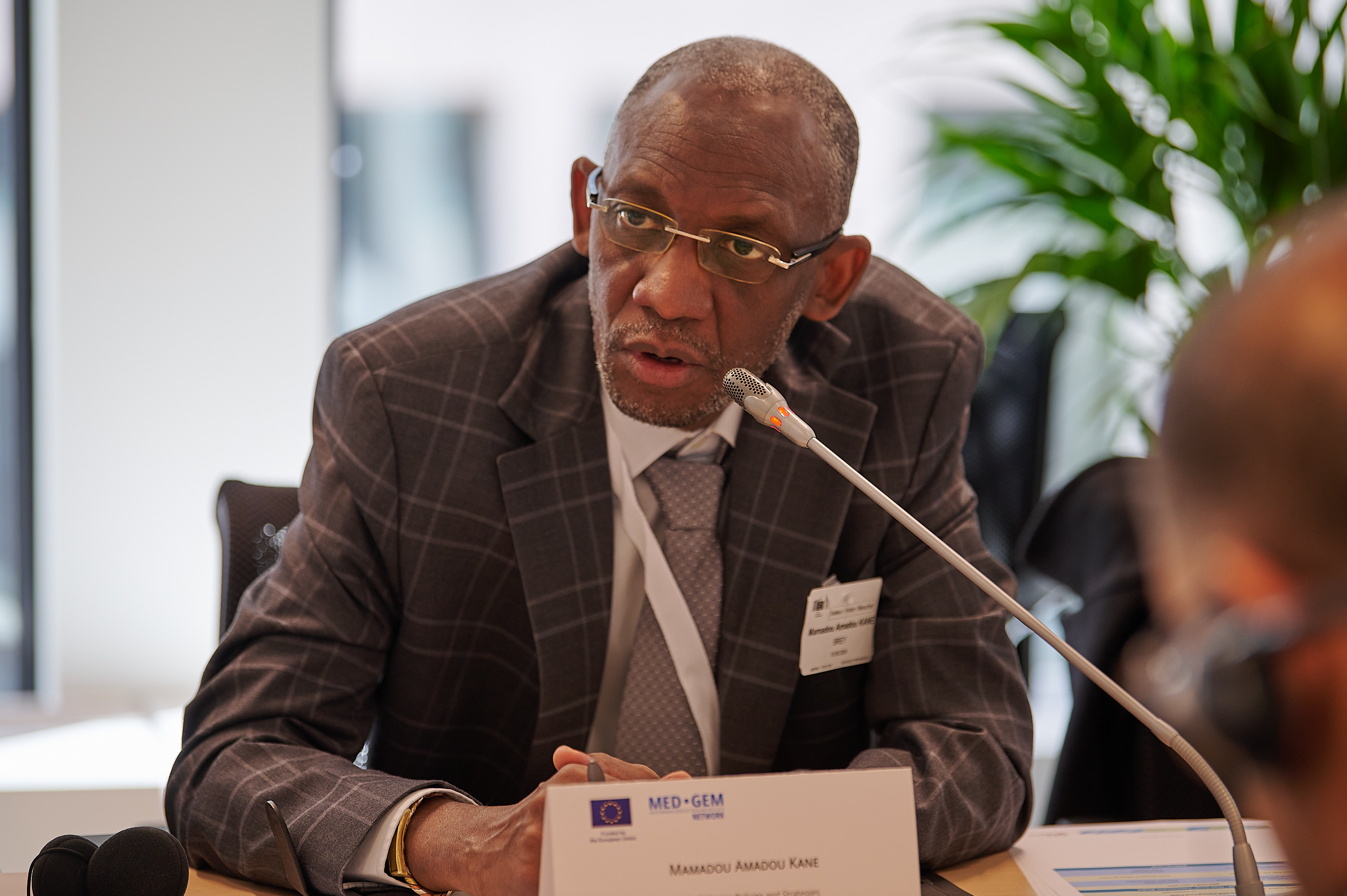
Strengthening Regional Cooperation
The event also underscored the importance of regional cooperation. Mamadou Papus Kane, Energy Transformation Program Coordinator to the Ministry of Petroleum, Mines and Energy of Mauritania, attending as an observer and futur National Focal point of the project, emphasised his country's intent to formalise its membership in MED-GEM. He noted, "Mauritania views the EU as a natural partner for our hydrogen initiatives, and we value South-South cooperation with countries like Morocco and Egypt."
Strategic Partnerships and Local Development
Maria Assumpcio Rojo Torrent, Director of Trade and International Relations at Hydrogen Europe, stressed the strategic importance of the Mediterranean for Europe's hydrogen ambitions. "The region's natural assets and historical ties make it a priority partner for Europe's energy diversification and decarbonisation goals," she said. She also advocated for a balanced approach to hydrogen development, stressing local value creation before export. "Hydrogen should first support local development, creating value through industrial decarbonisation and energy access," she advised.
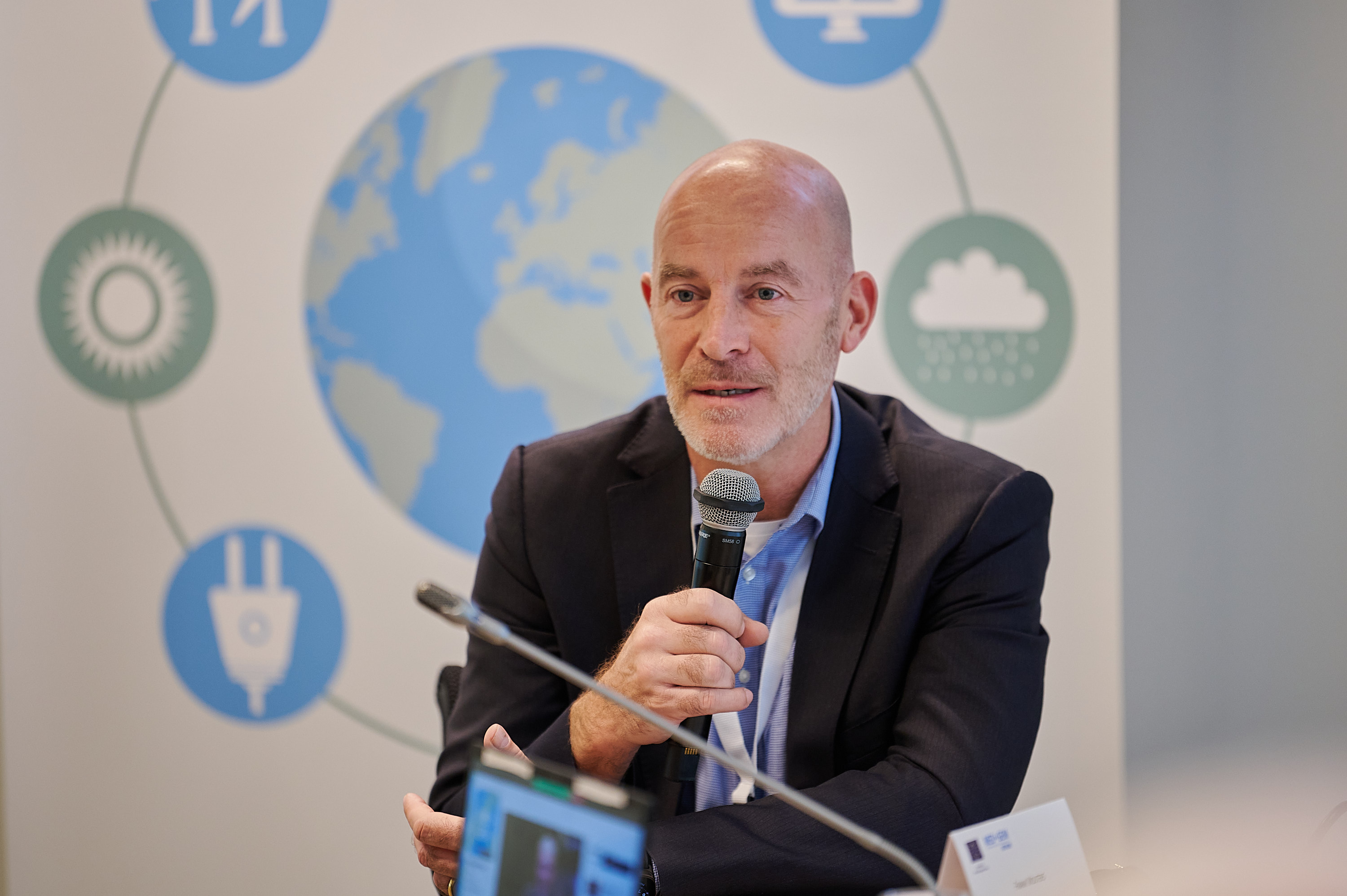
Accelerating the Green Hydrogen Transition
The meeting concluded with a focus on actionable steps and future collaboration. Frank Wouters outlined the next phase: a gap analysis to identify challenges and opportunities in the region's green hydrogen landscape. "We need to assess where we stand and how we can bridge the gaps to fully realise our hydrogen ambitions," he concluded.
With just one year of existence, the MED-GEM project proved to be more than a networking platform for renewable hydrogen. It positioned itself not only as an active lever for providing technical assistance but also as an accelerator of opportunities and partnerships among its member countries and the European Union. Through continued commitment and collaboration, the countries in the southern Mediterranean neighborhood are getting ready to take the lead in the global green hydrogen economy and become preferred suppliers to the European Union.

